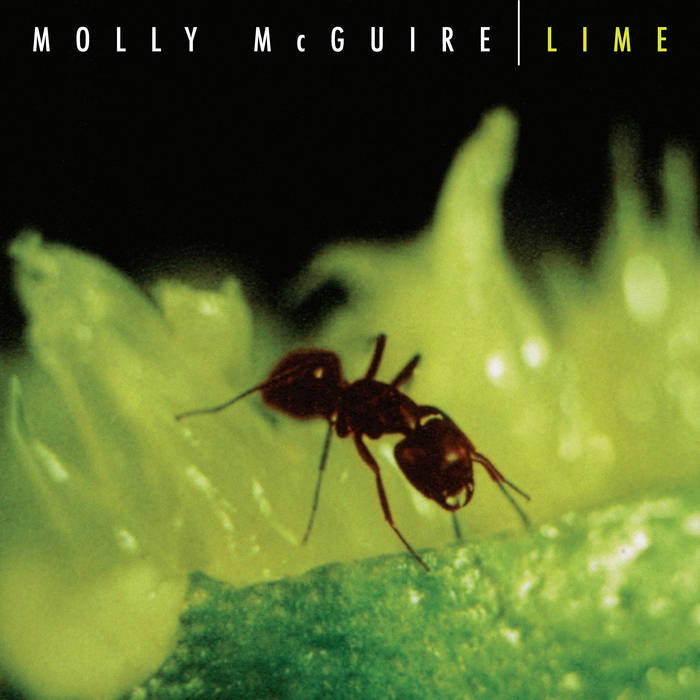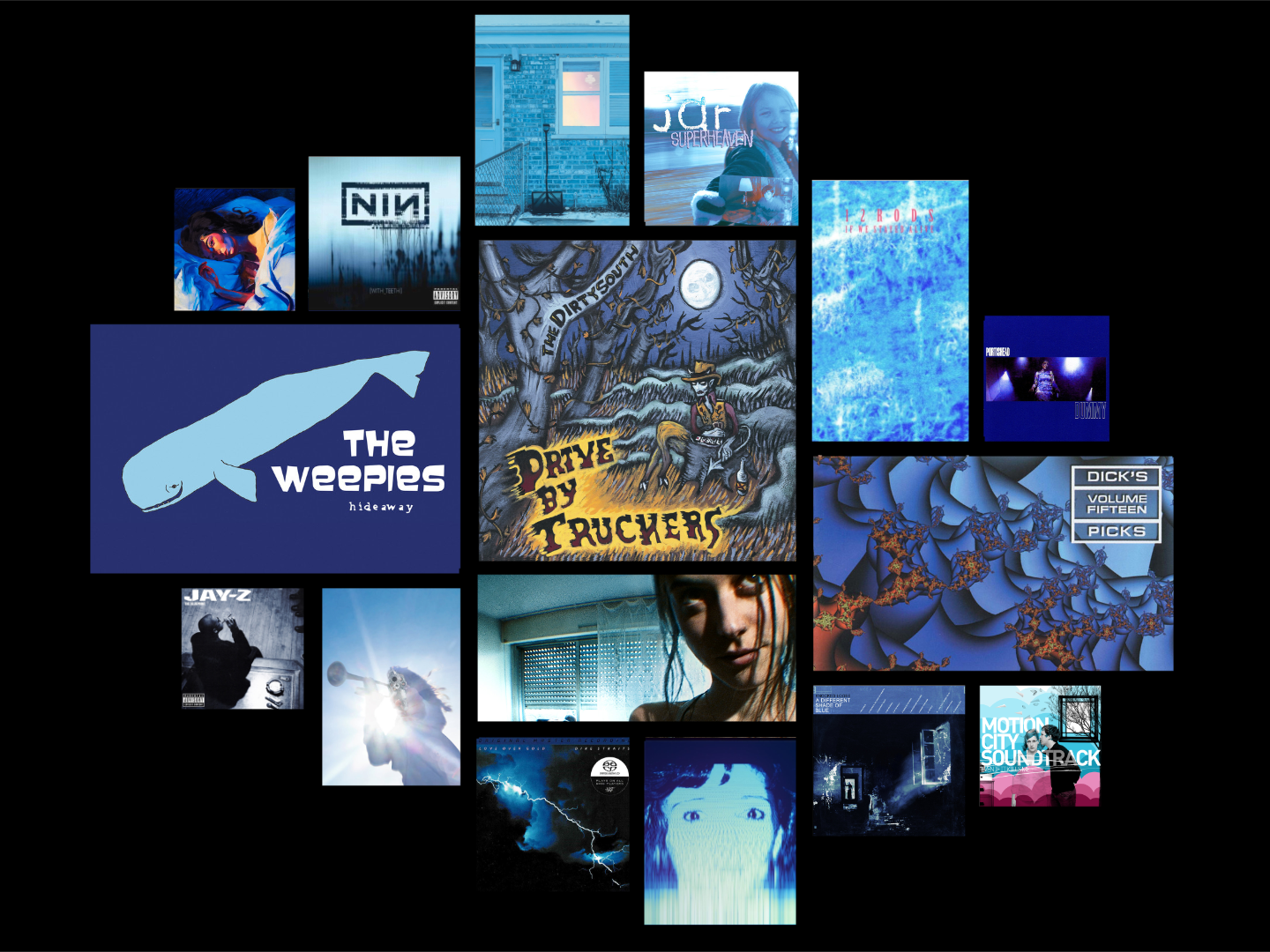No Fun Club Is About To Be Your Favorite Emo Band
/One of the most rewarding parts of fandom is digging through a band’s back catalog and discovering that they have a slew of EP’s, demos, and splits that aren’t on streaming services. Sure, most of the time they lack the production quality and songwriting craft of the band’s later material, but for obsessive superfans, these types of discoveries are as valuable as gold.
These early recordings offer a glimpse into a band at their most infantile stage. Sometimes you can hear seeds of what they would later become, other times they bear little resemblance to the music you’ve come to know and love. Early recordings also offer the musically-inclined a bit of escapism; it makes the creation of music seem approachable, it humanizes the band members, and it makes you think “hey, I could do this!” which, in my mind, is the sort of inspiration that all good music should instill.
Living in Michigan, I’ve now experienced the reverse of this phenomenon: discovering bands before they’ve released anything substantial into the world. Groups that only have an EP or two out, if that. These bands communicate to their audiences primarily through smaller releases, one-off songs, leaks, weekenders, and house shows. Sure, their music is online somewhere, but it often fails to capture the awe-inspiring mayhem of their live shows.
These groups are comprised of performers and artists playing their hearts out to devoted crowds of fans, even if their Spotify stats don’t directly reflect their rockstar status. These are the bands who still care about every follow, retweet, and shirt sold. They're the bands poised to achieve a larger-than-local success that will eventually have future fans digging through their back catalog in search of these early musical artifacts.
Seeing these types of bands live offers insight into how their music can live in different situations. Following them long enough, one can combine the publicly-available music with personal experiences at live shows and imagine a bright future of music and growth that will be on display in the band’s next release. No Fun Club is one of the bands that I consider myself lucky to have watched grow in just the handful of months that I’ve been seeing them live.
Self-described “slacker rock for neurotic workaholics,” No Fun Club makes hard-hitting “fake emo” that falls somewhere between Charmer and Oso Oso. There’s some guitar tapping, some riffage, and some sentimental lyrics, but it ends up feeling like a unique version of emo-tinged indie rock that’s distinctly their own. The group’s publicly-released music is comprised of one self-titled EP and one Bandcamp-only EP of four lo-fi demos (again, lying in wait for future fans to discover and consume with the benefit of hindsight).
Clocking in at 18 minutes, No Fun Club’s self-titled EP is a substantive and full release packed with resonant emo rock that captures the hard-to-pin-down feeling of that liminal space between college and adulthood. “Big Mood” is the EP’s slow-building and ironically-named opener. Beginning with a solitary guitar that sounds like it would fit perfectly on a Snail Mail record, frontman Jake Rees enters the song with a statement of weary regret as he sings:
“slipping out shots in the dark
how many times can I miss the mark?”
Soon, that verse is interrupted by a harsh stab of distortion signaling the entrance of the rest of the band who bluster in with a hard-charging riff that might bowl you over if you’re unprepared. After a second verse that’s equal parts hesitant and combative, the track briefly dies down for a fakeout ending that allows the band to pull the rug out from under the listener as they throw back to that lumbering riff one last time.
The band deals explicitly with post-college listlessness on both “Disappointed” and “Joan of Arc,” the former of which bounces back and forth between thrashy emo riffage and fast-paced verses, eventually making way to a shreddy guitar solo. Meanwhile “Joan of Arc” features a pleasantly-upbeat and dreamy instrumental that calls to mind Alvvays as the lyrics wrestle with feelings malaise and loss over a tight drum beat.
Rees’ songwriting shines through the brightest on “Windbreaker,” a punchy crowd churner with a catchy sing-along chorus belted out over a bouncy rhythm section. Easily the EP’s most fast-paced track, the explosive energy and captivating choruses of “Windbreaker” are sure to stay stuck in your head long after your first listen. Essentially the album’s climax, the snappy choruses of “Windbreaker” make way for “Junji Ito,” a borderline-post-rock track that gives the audience a chance to catch their breath before the EP’s grand finale.
Album closer “McDonough, GA” is another slow-starting track that gradually builds into an emotive explosion of fuzzed-out guitar, crashing cymbals, and screamed vocals before fading out into a mellow jazzy riff.
No Fun Club is a fantastic and honest encapsulation of the ennui that comes with early adulthood. There are moments of bonding, moments of disappointment, moments of anger, and moments of frustration, but most of all, just a feeling of being lost.
At its most poignant, No Fun Club is more than just an excellent emo-adjacent EP, it represents the first steps of a band emerging on to a larger stage. It’s 18 minutes of inexplicable feelings and unforgettable experiences finally being put to words. It’s both a celebration of and reckoning with life’s imperfect nature. It’s a reminder that as overwhelming as everything may seem, you are not alone. Not only that, No Fun Club is here to let you know that those feelings are more universal than you think.






